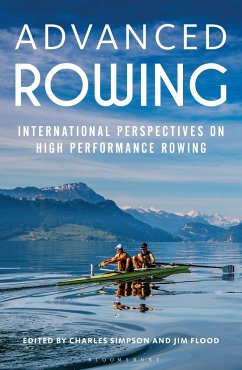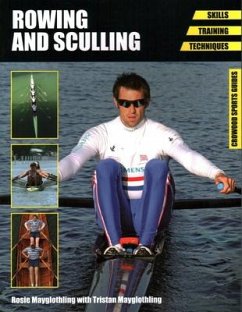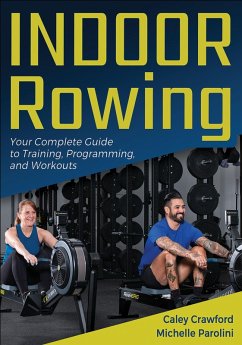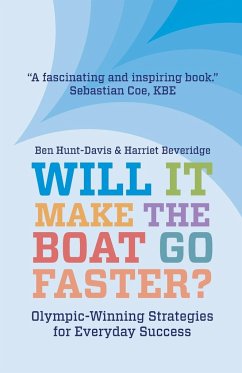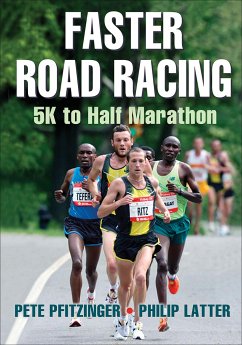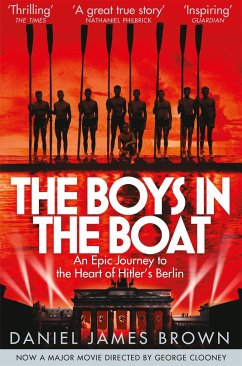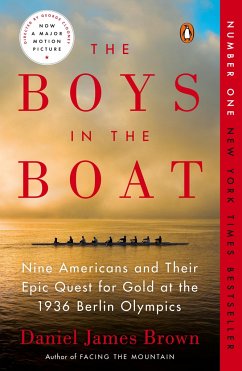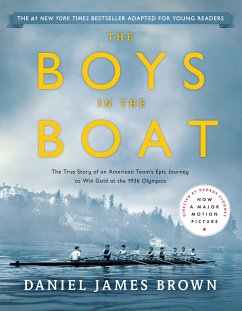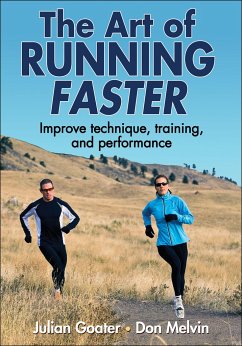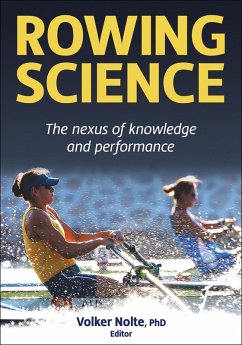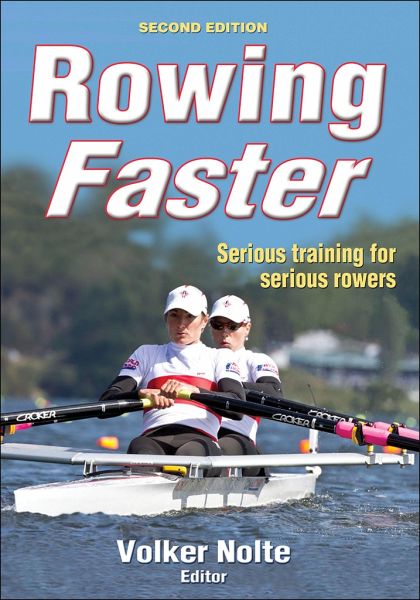
Volker Nolte
Broschiertes Buch
Rowing Faster
Versandkostenfrei!
Versandfertig in 2-4 Wochen

PAYBACK Punkte
17 °P sammeln!




Voted the most-read book by the International Rowing Association, Rowing Faster achieved unparalleled success. Gold-medal coaches, championship athletes, and top scientists have infused the latest scientific training and racing principles into this edition. It is required reading for rowers and coaches.
Volker Nolte is director of the rowing program and assistant professor at the University of Western Ontario, where he teaches coaching and biomechanics. Since 1993, he has led his men's rowing team to 10 Ontario University Athletics Championships and three Canadian University Championships. In 2008, his university crew won the German University Championships and the Temple Challenge Cup at the famous Henley Royal Regatta in England. He was the lightweight men's national team coach with the German Rowing Association from 1984 to 1990 and with Rowing Canada from 1992 to 2000. His national team crews won an Olympic silver medal at the 1996 Atlanta Games, two world championship titles in 1993 and 2000, and several medals at recent world championships. Nolte received both a physical education diploma (1976) and a civil engineering diploma (1979) from the University of Saarbrücken in Germany and a PhD (1984) in biomechanics from the German University of Sport Sciences in Cologne. Nolte is an internationally acknowledged expert in biomechanics. He presents frequently at scientific and coaching education conferences worldwide with his research focusing on coaching and biomechanics of high-performance sport, especially rowing. He is also a distinguished researcher in the field of sport equipment. His research has produced many papers in refereed journals and articles in various publications. Nolte is an experienced rower, representing his home country of Germany at several world championships. He is still a keen competitor in masters events and lives in London, Ontario, Canada.
Produktdetails
- Verlag: Human Kinetics Publishers
- Second Edition
- Seitenzahl: 336
- Erscheinungstermin: 29. Juni 2011
- Englisch
- Abmessung: 254mm x 179mm x 25mm
- Gewicht: 724g
- ISBN-13: 9780736090407
- ISBN-10: 0736090401
- Artikelnr.: 32465763
Herstellerkennzeichnung
Libri GmbH
Europaallee 1
36244 Bad Hersfeld
gpsr@libri.de
Für dieses Produkt wurde noch keine Bewertung abgegeben. Wir würden uns sehr freuen, wenn du die erste Bewertung schreibst!
Eine Bewertung schreiben
Eine Bewertung schreiben
Andere Kunden interessierten sich für


